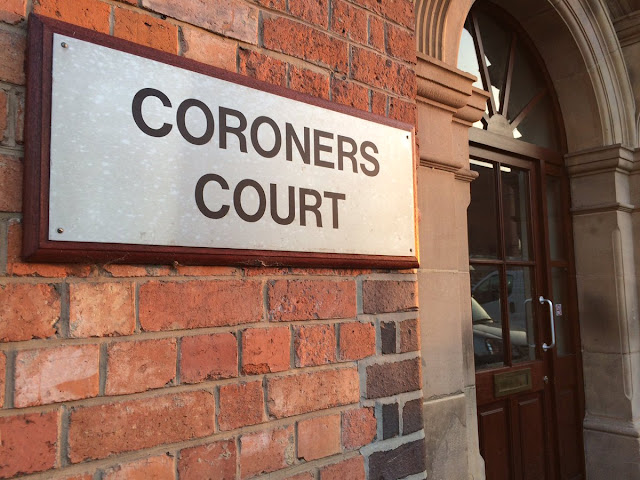What Not To Do When Called For An Inquest At The Lidcombe Coroners Court

Summary – Inquests at the Lidcombe coroners' court can be intimidating. But, with little information and preparation, families can complete these processes with ease.
For most people, an inquest from the Lidcombe coroners court is their first-ever encounter with the legal system. Be it as a witness providing evidence or as a family member of a departed relative – most people are extremely confused about the details of the process. Some have no clue about the purpose and process of coroner's inquests.
A coroner's inquest is an exploration of a death which on the surface looks suspicious. Usually, deaths caused by violent, unnatural, or unknown forces are investigated by the coroners' court. The aim of these inquests is to discover key details about the deceased person. In most accidents, suicides, and unnatural deaths, the coroners' court asks family members to share information with a coroner's officer.
Here's what families must not do in these processes:–
- Act As if They Are Accused of a Crime
A trip to the Lidcombe coroners court is much different than visiting other courts because there are no formal accusations. No one has the authority to place blame on anyone. Coroner's officers share their conclusions at the end of the inquest. This conclusion is important for officially registering the death, and it is mentioned on the death certificate. In most circumstances, they don't suggest or indicate any blame. Family members aren't deemed guilty of any wrongdoing. Family members have the right to ask coroners to open inquests if they feel unsure about the cause of the death. Relatives or close associates of the deceased must understand that inquest aren't adversarial processes involving prosecutions or defences. They're mere investigations that are very rarely overseen by juries.
- Expect a Judgement
Inquests are court proceedings so no one can be judged with a crime. Many people assume that inquests are processes where someone will be held negligent or liable for the death. In truth, inquests are neutral processes were no witnesses have to answer incriminating questions. The coroner or the jury has no right to pass accusing conclusions.
They can only express their opinions on the identity of the deceased, his or her time of death, and possibly some extra information such as their cause of death. It's easy to presume that people will be held liable or accountable in these processes because these investigations often stray into such territories. However, no coroner has the right to hold anyone liable after an inquest.
- Coroners Will Act Non-Neutral
In the entire legal industry, coroners are probably the most neutral professionals. Even if they suspect that the cause of death was suspicious and there's a homicide offence involved, the only thing coroners can do is notify the legal authorities. Such instances are extremely rare.
- Invitees have to Hold the 'Burden of Evidence'
Unlike in civil or criminal courts, in a Lidcombe coroners court, not every conclusion is reached after it's proven to be 'beyond a reasonable doubt.'
Inquests are called in very specific circumstances where the cause of death is undiscoverable even after post mortems. Coroners are fair, impartial, and don't hassle the people they investigate to provide hard evidence.



Comments
Post a Comment